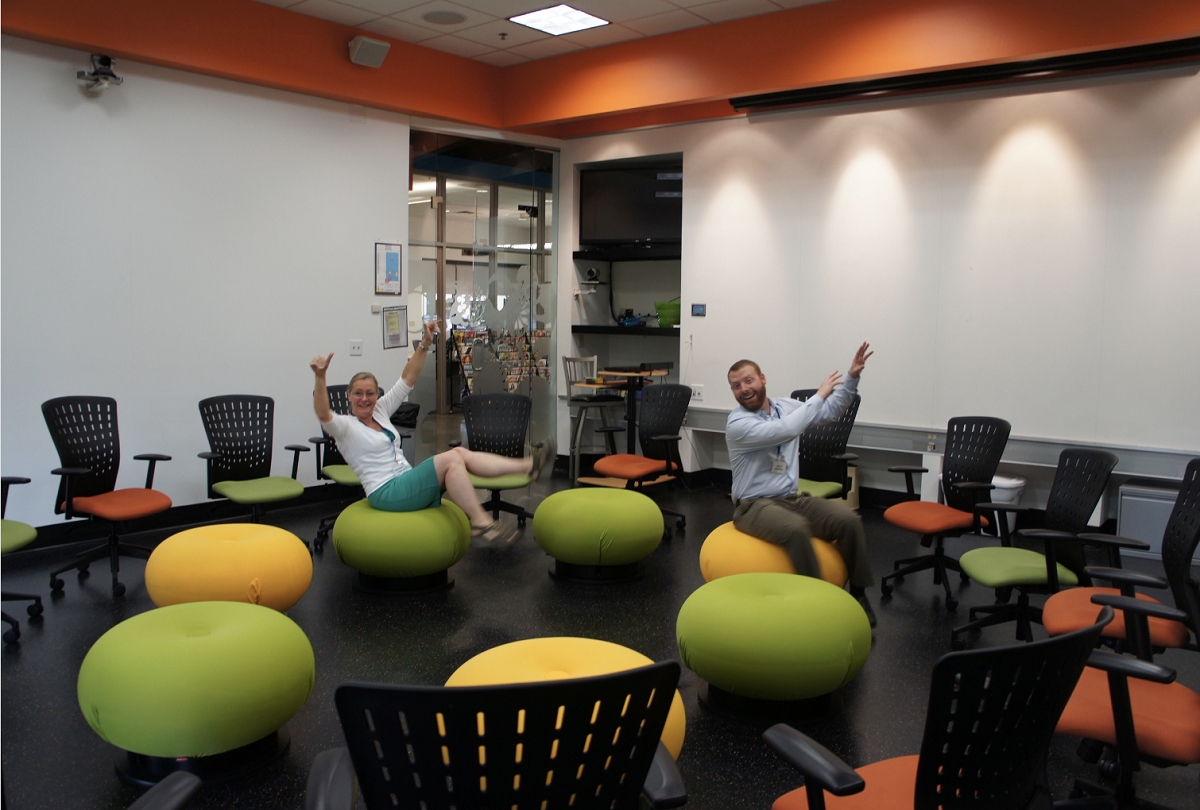 I recently had a conversation with Jason “TOGA” Trew of the U.S. Air Force, where he asked me if I could define play. This got me to thinking: Is there a concrete definition? We play all the time. So it should be easy to explain.
I recently had a conversation with Jason “TOGA” Trew of the U.S. Air Force, where he asked me if I could define play. This got me to thinking: Is there a concrete definition? We play all the time. So it should be easy to explain.
But an actual definition of play? That’s no small question. Scholars have been debating this for years.
Play is such a huge and undefined topic, and the act of play or being playful is full of inconsistencies, contradictions, and ambiguities that make it difficult to define. It’s easier to identify what play is not, or what benefits play provides, or the stages of play or types of play or the qualities needed for play.
But a clear and agreed upon definition of play doesn’t seem to exist. This is the best one I have found:
"Play unfolds as a series of fortunate events driven by emotional experiences”. Scott G. Eberle: The Elements of Play, Toward a Philosophy and a Definition of Play. Yes, this guy wrote an entire paper in 2014 on how to define play.
Here is another definition:
“When you are doing something fun- without a goal or a purpose-that is the state of play.” Russ Johnson: Play.
From all the workshops we have run over the years, here are some of our observations:
- When we add play, people light up and they are instantly energized and engaged.
- When we create playground moments, people learn faster because they are open to new things as their neuros fire faster and make connections quicker.
- When we ask people to do more with less, adding play makes it easier and more fun. It becomes less of a task as they connect with others with the same challenge.
- When we bring play into our work life, we can lower stress. This makes thinking easier, which is so important as we face more complicated problems.
- When we include play, people smile and laugh. And when they are having fun, they are more likely to be open to letting go of old outdating thinking and they become ready to move forward.
- When we introduce play as a way to work and learn, people are immediately receptive because this is something they have always known to be true.
- Creating a playful environment opens up opportunities for learning where people become more curious and open.
- Whenever we add play to the curriculum, people appreciate the break from the predictable and mundane elements of daily work.
- And finally, we know play is the natural way everyone, no matter their age, transfers information from short-term into long-term memory where it can be retrieved quickly.
As humans, we are hardwired to learn through play. Think back on your own life and your past experiences. What jumps out in your memory as the most fun you ever had learning something?